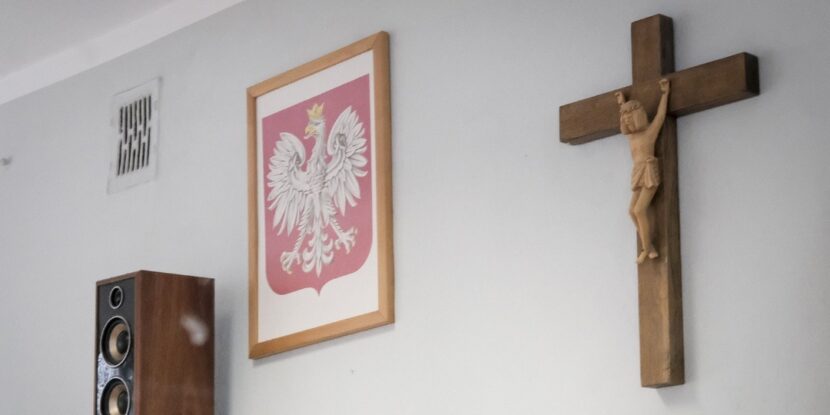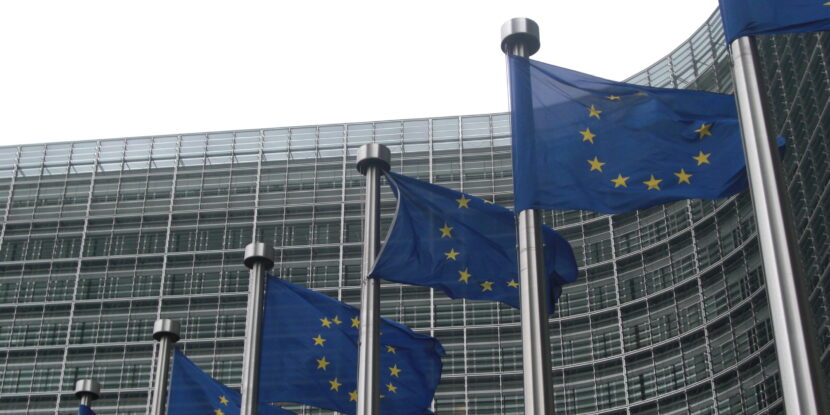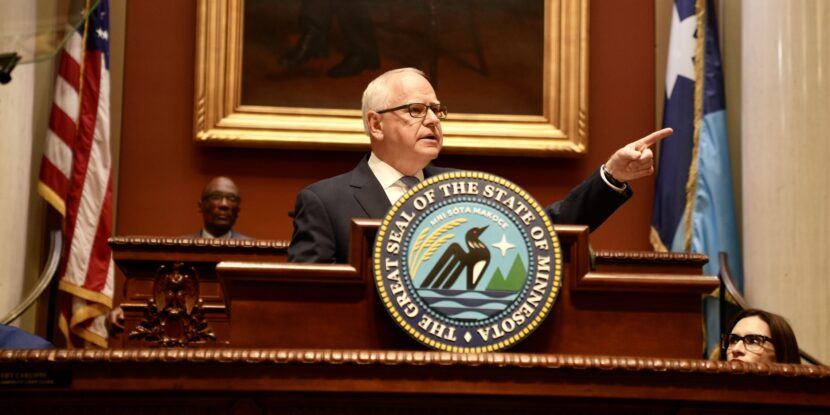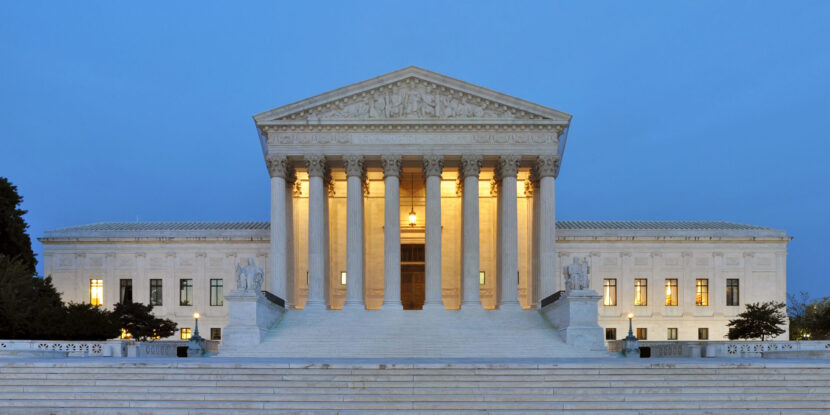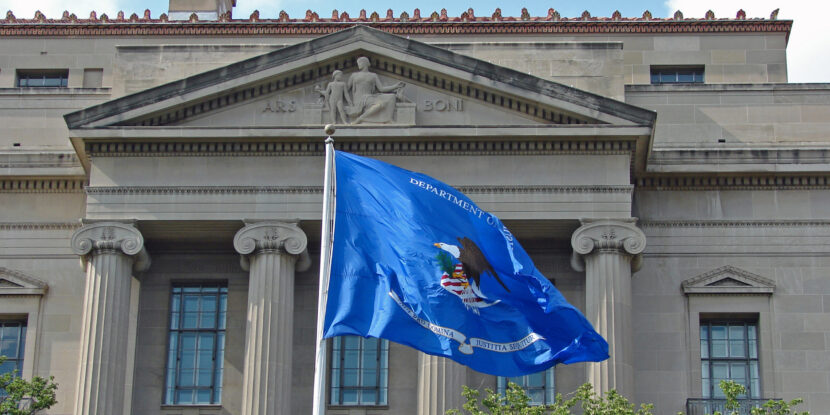The recent decision by Warsaw Mayor Rafał Trzaskowski to remove religious symbols from the city hall building has sparked significant protests across Poland. Jarosław Kaczyński, leader of the opposition Law and Justice (PiS) party, has accused Trzaskowski’s European People’s Party (EPP) of attempting to “destroy religion and people’s faith.”
On May 8, Trzaskowski issued a decree on equal treatment standards within the town hall. The decree included a ban on the display of religious symbols in offices and on workers’ desks. Workers are still permitted to wear religious symbols on their bodies and clothing.
Warsaw is Poland’s first city to formally ban religious symbols in office spaces to promote non-discrimination.
The decision has sparked outrage among conservative groups, including the right-wing PiS and Confederation parties. Although Trzaskowski is not a candidate, these groups have linked the issue to the upcoming European elections.
Confederation MPs Michał Wawer and Roman Fritz have argued that Trzaskowski’s decision attacks Polish citizens’ freedom of belief and religion. PiS MP Małgorzata Gosiewska has requested that the provincial administration in Mazowieckie voivodship, where Warsaw is located, declare the decree illegal. Ordo Iuris, an ultra-conservative legal institute, has filed a complaint against Trzaskowski for abuse of office.
In their statement, Ordo Iuris cited the constitutional right to freedom of conscience and religion and referenced a 2010 Senate resolution and a 2011 European Court of Human Rights ruling to support their stance.
Significantly, Trzaskowski is a member of Poland’s governing Civic Platform party. A staunchly globalist party, Civic Platform’s rule has been marked by the persecution of conservative political opponents.
In the 2021 census, 71.3 percent of Poland’s 36.8 million people identified as Catholic, showcasing the country’s strong religious identity.
